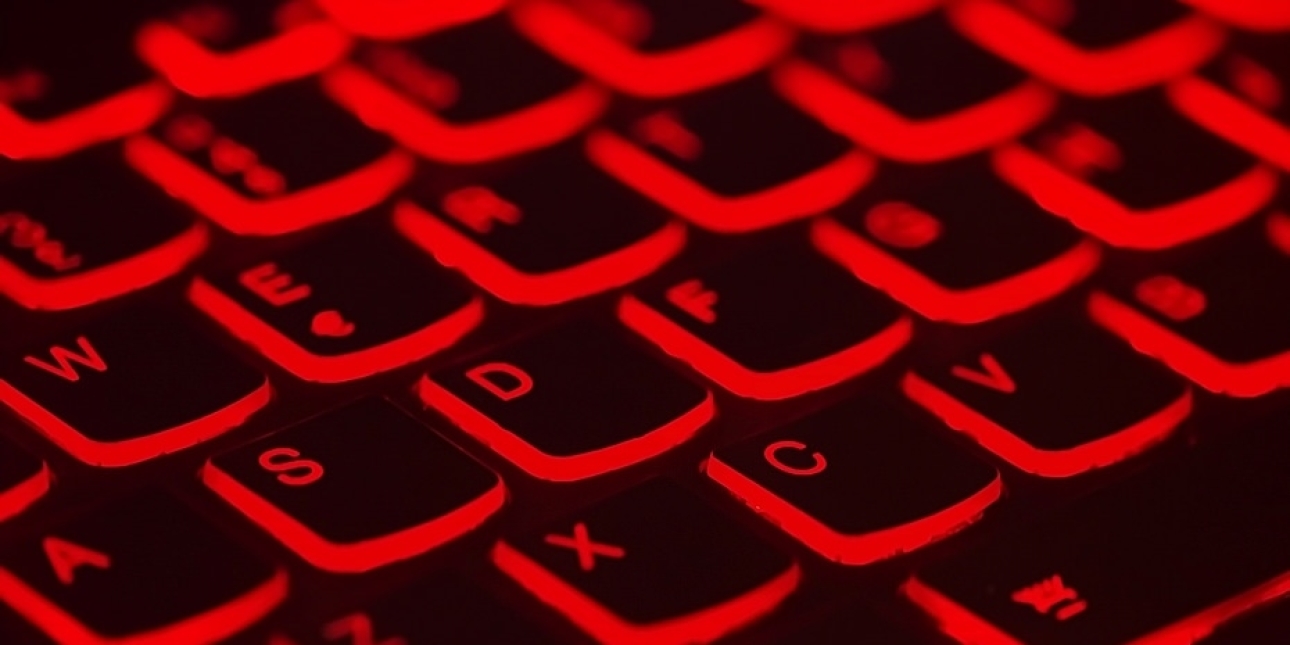PUBLIC RELATIONS
Wednesday 18th July 2018
5 things you can do to make yourself more cyber secure today
Good security has always started at home.
The below is a US Government information poster from the 1940’s.

It was part of the Allied propaganda campaign which produced hundreds of posters reminding people that if they didn’t take care to protect even the smallest, seemingly innocent, pieces of information the results could be disastrous.
The same is still true today.
While the results are generally unlikely to lead to a catastrophic loss of life, cyber criminals use the same technique today; piecing together small pieces of information from different sources (chaining) to create a bigger picture of a person’s private or professional online life which can be used to launch a cyber-attack.
While this may sound scary the good news is that there are some really simple steps you can take right now to stop this happening.
1. Use unique passwords
We’ve all heard this countless times, but the reality is that many cyber security incidents continue to be the result of rubbish password security.
Unfortunately, the three or four passwords that you are probably currently using (especially the really simple one for online accounts that ‘don’t matter’) make things much easier for attackers as if they find one from a website that’s been hacked they’ll try it out on others (credential stuffing) to see if it works elsewhere.
Painful as it may sound, having a different password for every site you use helps stops hackers breaking into others.
The good news is that a good password doesn’t have to be a completely random set of symbols, letters and numbers. A quick online search for ‘How to create a secure password’ will let you find a system that works for you!
2. Set up Two Factor Authentication
This may sound rather technical you may already be using this with your bank; Two Factor Authentication (or 2FA) means that you are required to provide an additional piece of information, often a numeric code, in addition to your username and password to log into a website.
Most online services and many ecommerce websites support this and is a great way to make you quickly more secure.
Even if someone has your username and password (as you still only have three) if they don’t have access to your phone they can’t get the additional code needed to login.
3. Use a Password Manager
The best solution for trying to remember lots of unique passwords is to not to need to remember them at all.
Password Managers are software tools that work across browsers and mobile devices that securely store your passwords in one place. They do the work of remembering so that you don’t have to.
If you are worried about the risk of having all your passwords in one place, don’t worry too much; Password Managers use very high levels of security to keep your data safe, are constantly updating their security to ensure that it stays that way, and are much safer than not using unique or secure passwords in the first place.
4. Set your software to automatically update
Software becomes weaker over time as hackers are constantly working to find ways to break it.
When a new threat is discovered by hackers software companies find a way to stop them and issue this as a software update to protect against the new threat.
Attackers frequently target known problems in older versions of software as they know that many people don’t regularly update their software.
Most software has an auto update feature built in so that you don’t have to remember to check for the latest versions as the software will do it for you.
Turn it on and always accept the updates to help keep yourself secure.
5. Back up your data offline
Even the most secure of people and companies plan for the worst to happen so you should do so as well.
External hard drives are cheap to buy and easy to use and start keeping a copy of your important files, photo and data on an external hard drive as well as on your computer, mobile device and in the cloud.
Using an external hard drive means that if the worst does happen you’ll have a recent copy of your data saved offline to help you get things back to normal.
Even if you only do one thing from this list being after reading this article making you personally more secure it may not save lives but it will mean you can sleep more easily at night!
You can download a checklist for what you need to do from https://appsecco.com/5-things-for-better-cyber-security/.
Gwilym Lewis is director of Appsecco, which provides easy-to-understand cybersecurity solutions, grounded in commercial reality.
Photo by Taskin Ashiq on Unsplash
Poster reproduced courtesy of Boston Public Library
